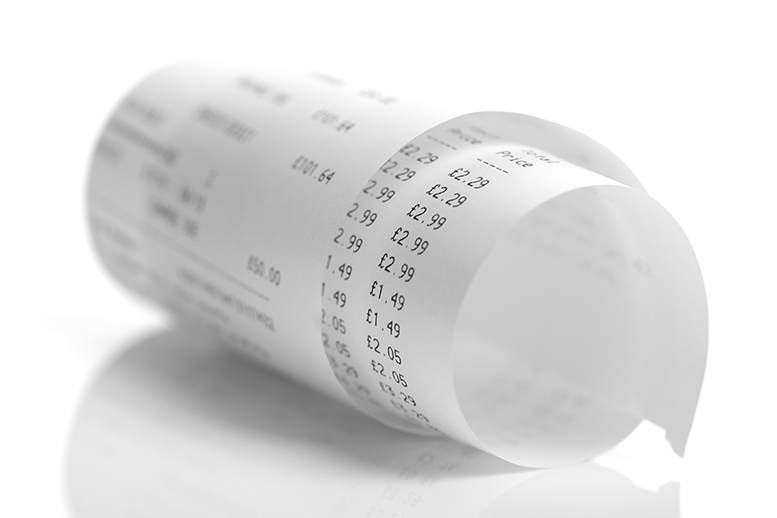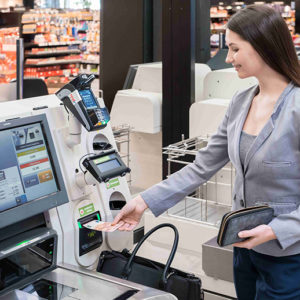Bon obligation from 2020 - significance for retail and customers

Latest news

-ADVERTISEMENT- The wellness and fitness trend has arrived in the …

The fight against environmental destruction and the climate crisis are …

Anyone looking for new products in the field of toys, …

It is a market with huge dimensions and great potential. …

For companies, a social media presence has become indispensable and …

Hardly anything disturbs customers as much as waiting at the …

Research by TV station RBB has shown that some outlet …

The industry association Licensing International (formerly LIMA) has honored outstanding …

Communications manager Hannah König and managing director Stephan Schenk are …

The toy dealer wants to leave his insolvency behind him. …
From 1 January 2020, every buyer must be given a voucher in order to make tax evasion more difficult in the future.
The tax honesty is to be increased by the “document output obligation”. The aim is to ensure that the tax authorities do not miss out on any sales by providing complete documentation. According to the Federal Court of Auditors, 10 billion euros in taxes are to be evaded at the counters every year.
Information on the receipt
The law is aimed at anyone who sells something or offers services for a fee. If a cash register is not maintained, each individual transaction must be recorded for the tax office in such a way that it can be traced.
The following information must be listed on the receipt: Full name and address of the issuer, date and time of the receipt and type and quantity of items or orders purchased. Also the invoice number, amount and tax portion as well as the serial number of the security module or POS system.
Bon obligation would have serious consequences for the environment
The “document expenditure obligation” could have far-reaching consequences for the environment. For example, the retail trade assumes that the legislation will lead to 2 million kilometres of additional receipts.
“We are talking about environmental protection and discussing the reduction of coffee-to-go cups, but on the other hand we are creating mountains of waste from coated paper,” said Daniel Schneider of the Central Association of the German Bakery Trade, the “Frankfurter Allgemeine Zeitung”. Experts consider the receipts to be particularly problematic for the environment.
Need for the measure controversial
The bon obligation is not considered necessary by cash register manufacturers. For example, a so-called technical security device (TSE) asks for a transaction number at the start of a sales or order process. The electronic request starts a transaction, whereby all further bookings of the POS system are recorded in the TSE. The postings are then signed and printed.
The legislator will stick to the regulation that applies to all those who use an electronic cash register.
Electronic receipts
According to the Federal Ministry of Finance, the Bon obligation is intended to make the work of tax investigators easier. The exact assignment of a voucher to the POS device would make it possible to check the information at any time.
It is also possible to issue receipts by e-mail or on a mobile phone. In addition, an exception to the receipt obligation is possible in exceptional cases: “For reasons of reasonableness, the obligation to record individual receipts according to sentence 1 does not apply to the sale of goods to a large number of unknown persons for cash payment”, the tax code states.
Thus, an application can be submitted to the responsible tax office. This can be approved or revoked.
You might be also interested in:
Tax office may now examine the cash unannounced
Card payment generates more turnover for small and medium-sized enterprises
Image: iStock
//JP




Leave a Reply